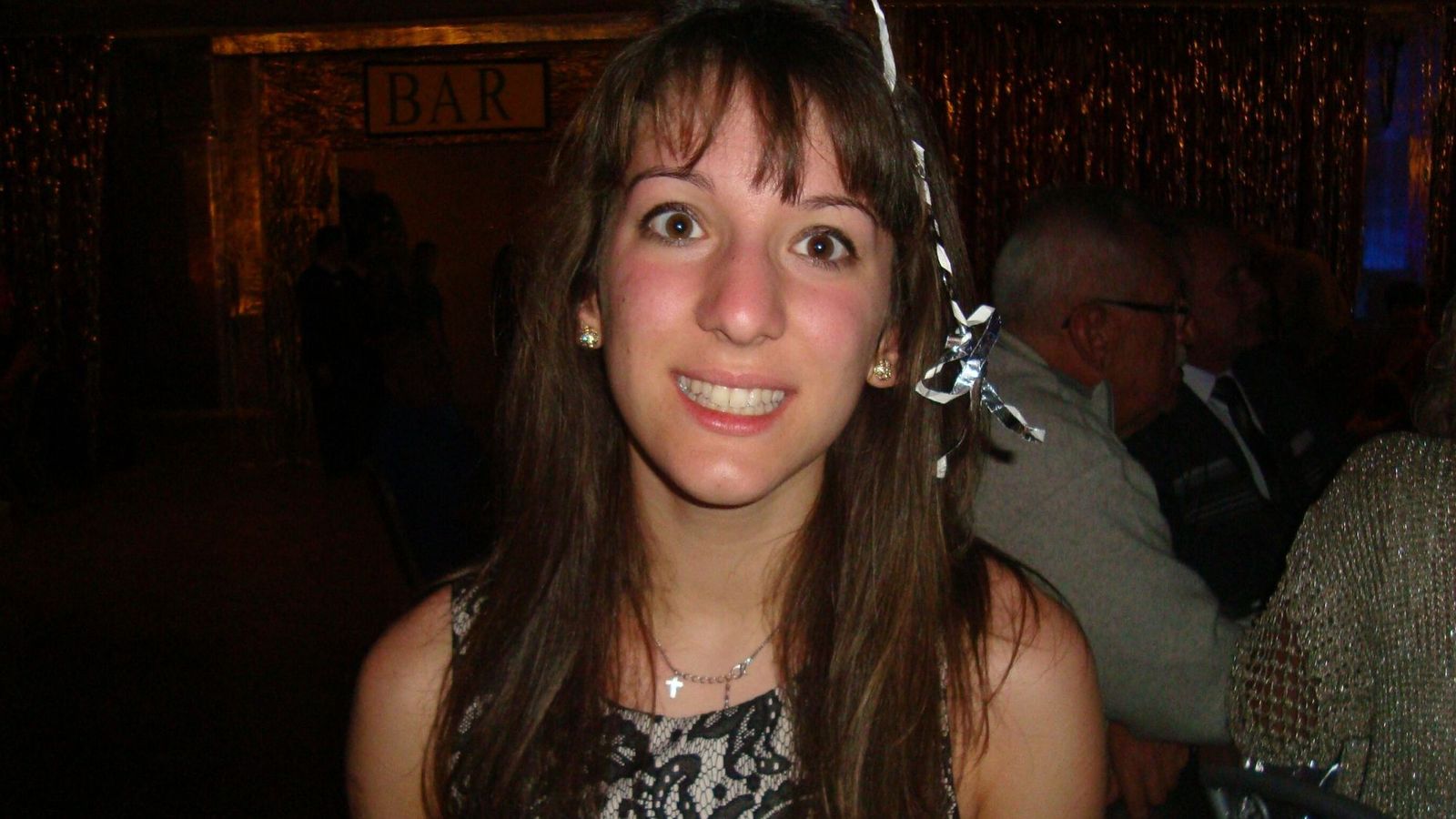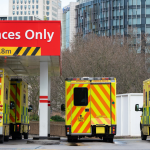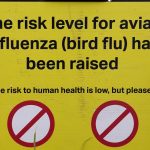A father who blames social media for contributing to his daughter’s suicide has said he wants to speak to Mark Zuckerberg and tell him “what the reality is of what he’s done”.
Keith Watts told Sky News children are “hooked” on social media that is “damaging their mental health”, accusing Facebook and social media companies of “ignoring” harm to young people.
He welcomed the testimony of Facebook whistleblower Frances Haugen, who told MPs the company was “negligent” and “unable to acknowledge its own power”, describing Instagram as “more dangerous” than other forms of social media.
Speaking before a committee considering the draft online safety bill, Ms Haugen said Instagram’s focus on “social comparison” and “bodies” makes it is the most harmful platform for teenagers.
Echoing her comments, Mr Watts said social media giants are “now so powerful in terms of global finance that it’s going to be very hard for us to make them listen and do something about the situation”.
His daughter, Zoe Watts, took her own life when she was 19 years old.
Facebook groups push people to ‘extreme interests’, says whistleblower Frances Haugen
Facebook: Leaked documents show Apple’s threat to remove app over ‘sale of maids’
Facebook whistleblower explains why Instagram is ‘more dangerous’ than other social media | Frances Haugen evidence to MPs as it happened
She was a talented gymnast with Olympic dreams, but struggled with anorexia “spurred on by social media”, her father said.
Mr Watts said she had been viewing self-harm images of “horrifically emaciated” girls and said “there was absolutely no controls” on social media at the time.
He said she was hospitalised on and off for four years and became part of an online group of girls who shared information that encouraged her eating disorder.
Please use Chrome browser for a more accessible video player
“We never knew until she died,” he said, adding that he would have taken her phone away from her if he had.
Mr Watts wants to see better vetting of messages and posts relating to suicide and self-harm on social media platforms.
He is supportive of the long-awaited Online Safety Bill, which could see online platforms being blocked in the UK if they do not abide by a duty of care to their users, particularly children and vulnerable people.
Please use Chrome browser for a more accessible video player
The legislation, which the government will bring forward next year, means regulator Ofcom can fine firms up to £18m or 10% of global turnover, whichever is higher.
He said Ofcom are “not flexing their muscles”.
“If they were just to analyse what’s been going on, and what restrictions that have been breached many, many times across the social media platforms, I think then they might sit up and go, ‘Well, I think we need to do something about this,’ which they clearly have to,” he said.
Asked if he had a message for the Facebook CEO, he said: “I’d love to sit and have a cup of coffee with him and tell him what the reality is of what he’s done.
“And I think he might change his mind, because I don’t think at this moment in time, with all that’s going on around him, he is going to be listening too much.”
Monika Bickert, vice president of content policy at Facebook, said the company has policies that “protect people from harm while also protecting freedom of expression” and is “making progress”.
The social media giant has invested $13bn (£9.45bn) on safety and security since 2016 and has more than 40,000 people working in this area, she said.
“We’ve always had the commercial incentive to remove harmful content from our sites,” she said.
“People don’t want to see it when they use our apps and advertisers don’t want their ads next to it.”
She said their research does not conclude that Instagram is inherently bad for teenagers, with many saying Instagram made them feel better when experiencing loneliness, anxiety and sadness.
Facebook now directs anyone searching about topics like eating disorders to local organisations who can offer support, she added.
If you have been affected by any of the issues in this article you can contact the Samaritans on 116 123, or the eating disorder charity Beat’s helpline on 0808 801 0677.






















